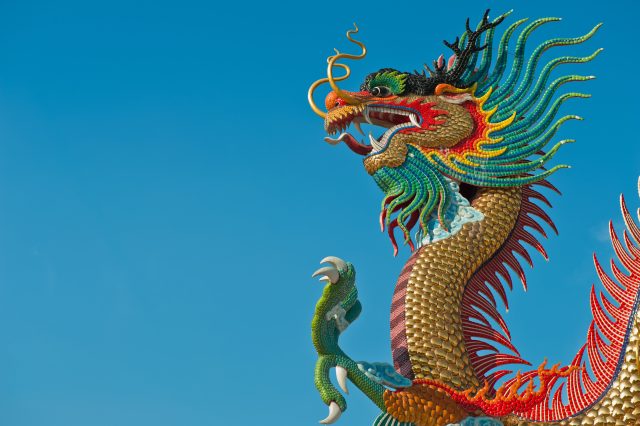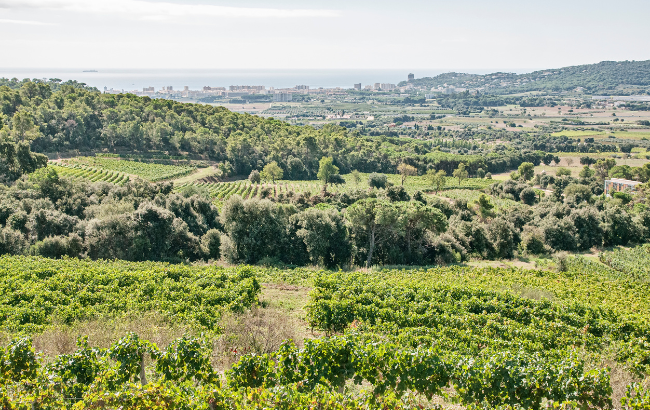Kweichow Moutai confidently bumps up prices by 20%
By Ron EmlerPrice rises have been a key tactic in drinks groups’ armouries as they strive to maintain margins in the face of spiralling costs over the past two years. China’s Kweichow Moutai is a particularly fearless example.

Diageo, Pernod Ricard and Campari have, among others, increased prices vigorously in their drives to further premiumise selected brands in various markets, sometimes by more than the local rate of inflation.
By comparison, Brown-Forman is taking a longer-term view by upping its wholesale prices by only about 3% a year.
It believes that a pattern of gentle increases will be much more effective in retaining loyal consumers of its brands, especially Jack Daniel’s.
The world’s biggest total beverage alcohol producer, China’s Kweichow Moutai, has taken a third route.
It last increased its factory gate prices for its prized baijiu range in 2017, and so it has just imposed a 20% price rise.
China’s baijiu distillers continue to face a supply glut following a spate of over-production. But Kweichow is in a unique position as the “must have” brand for all festivities, and is always served on state occasions. No doubt that will be the case at the forthcoming meeting of Presidents Xi Jinping and Biden.
So despite the overall glut, it has increased the wholesale price of its prized Feitian Moutai, which has an alcohol content of 53%, to CNY1,162 (US$158) per bottle from CNY969 (US$133) a bottle.
The move will not compensate entirely for the rate of cost price inflation over the past six years, but economics in China are less straight forward than in the capitalist world.
Kweichow, headquartered in the southwestern Guizhou province, is majority state owned, and the move is designed to grab back some of the high profits that retailers have been making.
Kweichow said confidently that the price hike will not affect the recommended retail price of CNY1,499 (US$205) per bottle.
Part of the reason for that confidence is that Kweichow has been changing the way it does business and the route to consumers for its baijiu.
Partner Content
It has developed a direct sales model to bypass dealers and take firmer control over its own retail prices.
Direct sales accounted for almost 45% of the company’s total revenue in the first nine months of this year compared with the 40% level achieved by B-to-C sales in the whole of 2022.
That proportion is rising and will continue to do so as extra volumes go direct to the consumer, further restricting supply to retailers.
According to one analyst, the bigger-than-expected wholesale price rise should boost Kweichow Moutai’s profits by CNY4.1 billion (US$560 million) this year and swell its revenues by CNY6.2 billion (US$847.2 million).
Some of those extra profits will flow to non-Chinese shareholders who have held stakes in the company since it was part privatised 20 years ago.
As China’s second largest consumer sector stock, the baijiu distiller has become a core holding for funds investing in the People’s Republic.
Consequently, the shares have been depressed this year as the economy has not enjoyed the predicted post-Covid bounce and growth in consumer spending has been sluggish.
That said, initial reports suggest that last week’s “two elevens” event (held on 2 November, hence the name and roughly equivalent to Black Friday) buoyed retail sales.
The shares shot up by almost 10% on the day of the announcement and now stand at CNY 1,811, still some 15% below their 2021 high.
Related news
Former Rémy Cointreau exec joins Nimbility in Japan
Trump hikes China tariffs to 125% but lowers tax for rest of world




